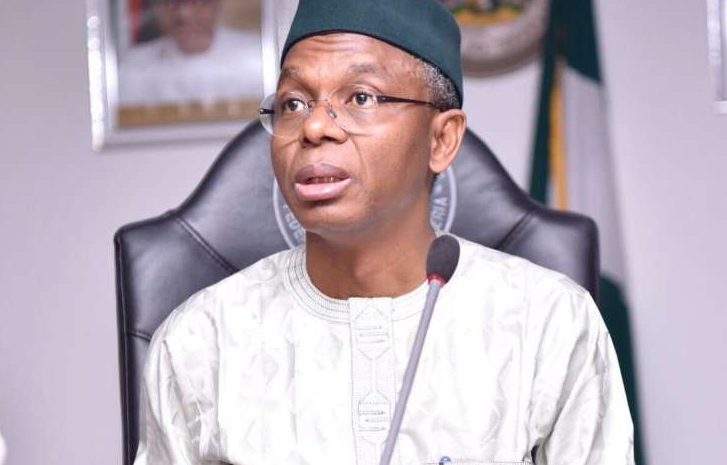The Governor of Kaduna State, Nasir El-Rufa’i has explained why his administration is laying off workers in the State despite the economic realities in the country.
The governor explained that the problem was linked to overstretched public finances further dwindled by higher wage bills at a time when revenues from the Federation Account Allocations Committee (FAAC) have not increased.
El-Rufai also pointed out what Kaduna has been receiving from FAAC since the middle of 2020, like most other sub-nationals, can barely pay salaries and overheads hence the decision to lay off workers in the state salary structure.
Read Also: Five Of 39 Abducted Kaduna Students Recovered By Military
According to him, the rationalisation exercise will also affect political appointees, noting that the measures were all geared towards saving funds for projects and other important issues.
El-Rufa’i made the clarifications on Monday in a statement by his Special Adviser on Media and Communication, Muyiwa Adekeye.
He said: ‘In November 2020, KDSG had only N162.9m left after paying salaries. That month, Kaduna State got N4.83bn from FAAC and paid N4.66bn as wages.’
‘In the last six months, personnel costs have accounted for between 84.97% and 96.63% of FAAC transfers received by the Kaduna State Government. In March 2021, Kaduna State had only N321m left after settling personnel costs.
‘That month, the state got N4.819bn from FAAC and paid out N4.498bn, representing 93% of the money received. This does not include standing orders for overheads, funding security operations, running costs of schools and hospitals, and other overhead costs that the state has to bear for the machinery of government to run, for which the state government taps into IGR earnings.’
While justifying the job cuts, the Governor said: ‘The public service of the state with less than 100,000 employees (and their families) cannot be consuming more than 90% of government resources with little left to positively impact the lives of the more than nine million that are not political appointees or civil servants.
‘It is gross injustice for such a micro-minority to consume the majority of the resources of the State.
‘The public service is an important institution, and it should therefore maintain only an optimum size.’ he concluded
AFRICA TODAY NEWS, NEW YORK
